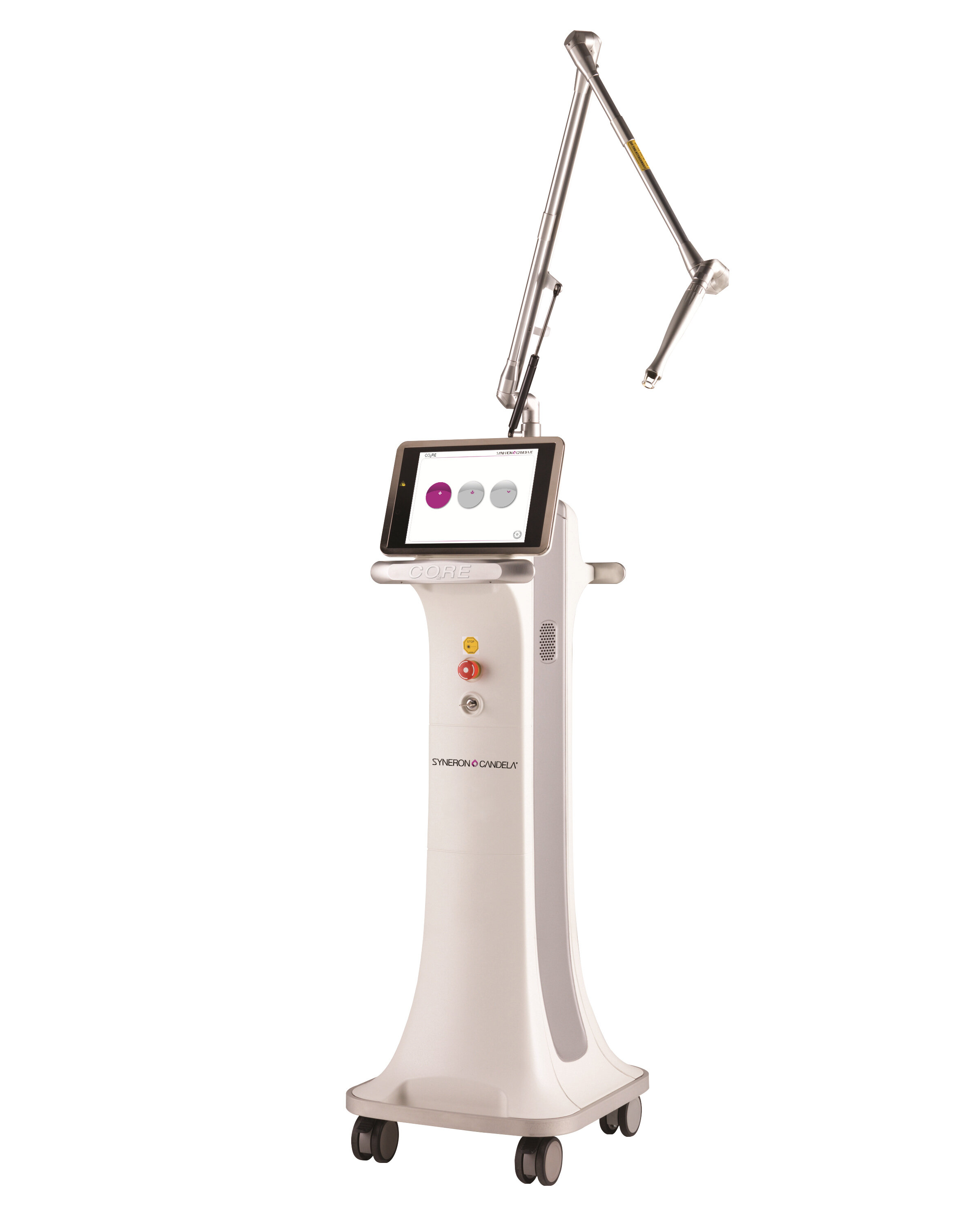Female Genital Dermatology
Female genital dermatology is the diagnosis, treatment and prevention of conditions associated with the vulva, or external female genitalia. Patients can experience discomfort and find the problem impacts their day to day life. It can often be an area untreated as patients find it difficult and embarrassing to talk about. For some women it can be an issue which has been ongoing for quite some time because of misdiagnosis or an unknown allergy to the prescribed treatment.
Patient symptoms can vary from mild to severe & can include:
Pain
Itching
Burning
Ulcers
Changes in vaginal discharge
Lumps
Swelling
Sores
Dyspareunia
Bleeding
Stenosis
Bruising
Why Choose Dr Liz?
Dr Liz is a highly educated and passionate Dermatologist specialising in female genital dermatology. She runs a female genital dermatology clinic at Northern Sydney Dermatology and Concord Hospital. She is a lecturer in Vulval Dermatology for the Sexual Health & Family Planning Association. Dr Liz is highly sort after for her knowledge and expertise in female genital dermatology and often speaks at conferences. She is also the NSW chief Examiner and sits on the National Examination Committee.
Dr Liz provides her patients with the best dermatological care. She ensures patients feel comfortable during consultation, and is always willing to discuss their concerns and symptoms. She focuses on each patient’s individual needs in a professional and respectful manner.
Dr Liz is a member of the International Society for the Study of Vulvovaginal Disease (ISSVD). This society is committed to disseminating knowledge and improving women’s health and has designed a complete section on patient handouts on their website for women with vulvovaginal diseases. Click here for access to this wonderful resource.
FEMALE GENITAL DERMATOLOGY CONDITIONS:
Lichen sclerosus
Lichen Sclerosus is a skin condition affecting the skin, particularly the vulva and anus. It is most common in menopausal women but can occur in young women too. White, thick and crinkled patches on the skin occur which can cause scarring. Lichen Sclerosis is thought to be an auto-immune disease which can lead to a risk of developing cancer in the affected skin. The appropriate treatment and diagnosis is important to reducing symptoms and the risk of developing vulval cancer.
Symptoms associated with Lichen Sclerosus include:
Itching
Burning
White spots
Dyspareunia
Bleeding
Stenosis
Bruising
Blisters
Treatment options:
Topical corticosteroid preparations
Steroid medication
Retinoids or vitamins
Tacrolimus ointment
Ultraviolet light treatments
Chronic Vulvovaginal Candidiasis
Vulvovaginal candidiasis is the most common vulval symptom affecting women. This can be chronic if it occurs multiple times over a brief period. There are a few different pathogens which can cause these symptoms, but they don’t all respond to the same prescribed treatment. Appropriate diagnosis and treatment is fundamental in the treatment of chronic vulvovaginal candidiasis. Allergies to the prescribed treatment may also result in unresolved symptoms or the condition getting worse.
Symptoms include:
Itching
Irritation
Burning
Dyspareunia
Abnormal discharge
Swelling of the vulva
Treatment options:
Anti-fungal topical preparations
Anti-fungal oral medication
Vulval cancer
Vulval cancer commonly occurs between the labia minora, the labia majora and the perineum. Vulval cancer affects 300 Australian women each year, two-thirds of which develop vulval cancer caused by lichen sclerosus.
Symptoms include:
Itching
Skin changes
Bleeding
Pain
Lumps
Ulcers
Lesions
Causes:
Skin conditions
Precancerous conditions
Smoking
Treatments options:
Surgery
Radiotherapy
Chemotherapy
Vulvovaginal Atrophy
Vulvovaginal atrophy occurs when…
there is loss of the reproductive hormone called oestrogen. This hormone is responsible in part for the health of the vulva and vagina. When there is not enough oestrogen (which can occur with age or various medical therapies and conditions) then the skin in these areas ‘atrophy’ or don’t do their job so well anymore. The tissue gets thinner and shrinks a little. There is decreased lubrication and so you can become dry and have difficulty with sexual intercourse.
Thankfully there are now treatment options for vulvovaginal atrophy. These include, where medically appropriate, hormones, lubricants and a new laser treatment.
The laser treatment available at Northern Sydney Dermatology is the CO2RE Intima laser. This is a non-surgical procedure that delivers heat to the inside of the vagina and also to the external skin. It is very well tolerated and helps to restore moisture levels, skin flexibility and decrease inflammation.
Patients usually need 3 treatments spaced out 4 weeks apart. An annual treatment is recommended to maintain results.



